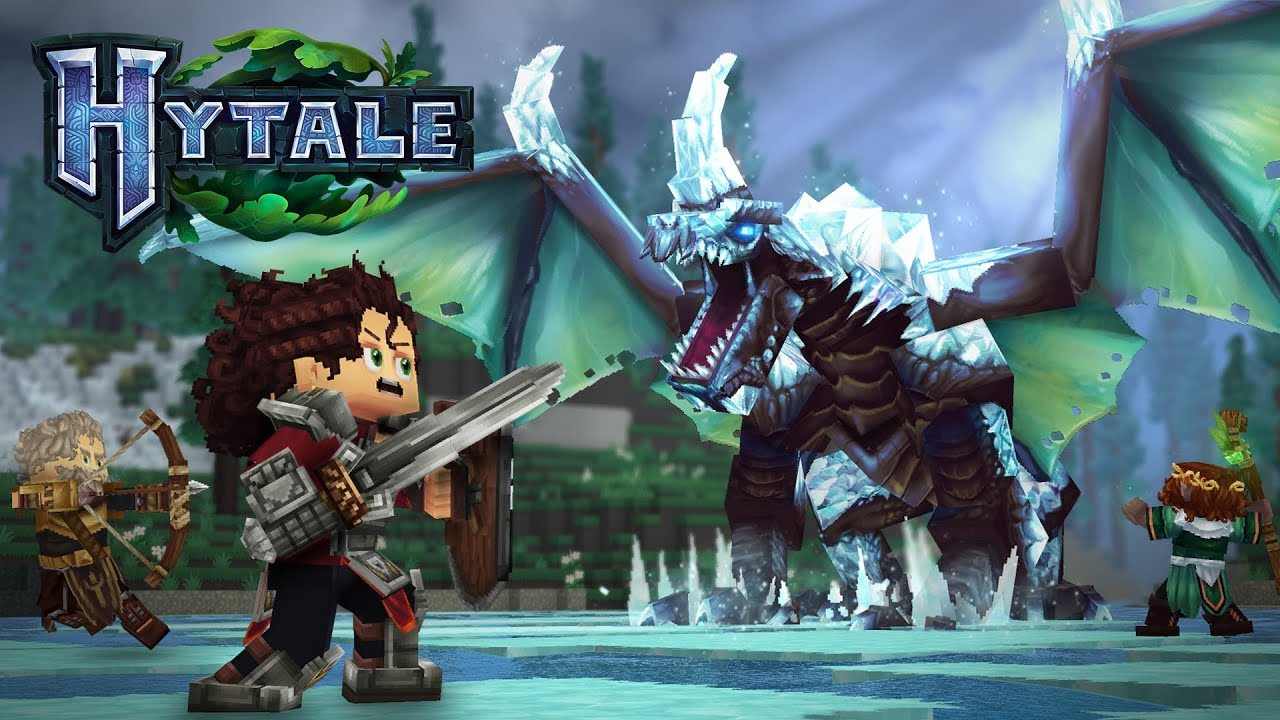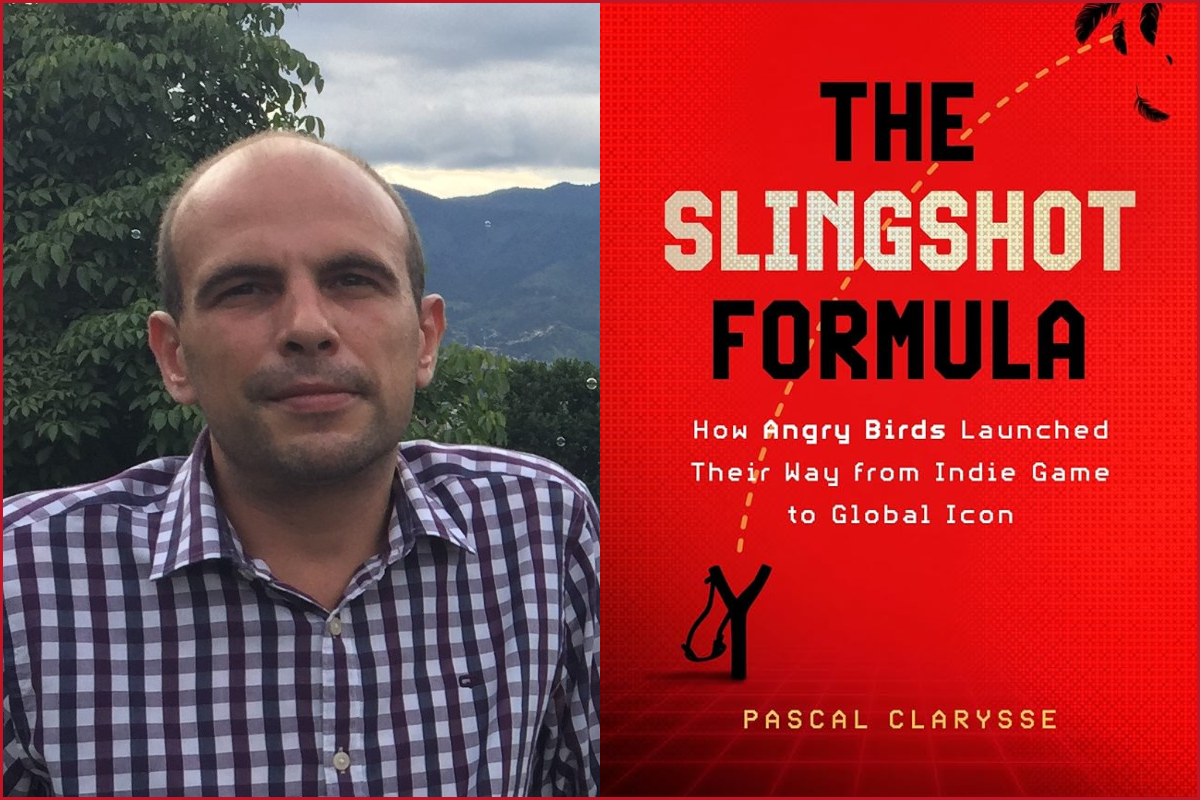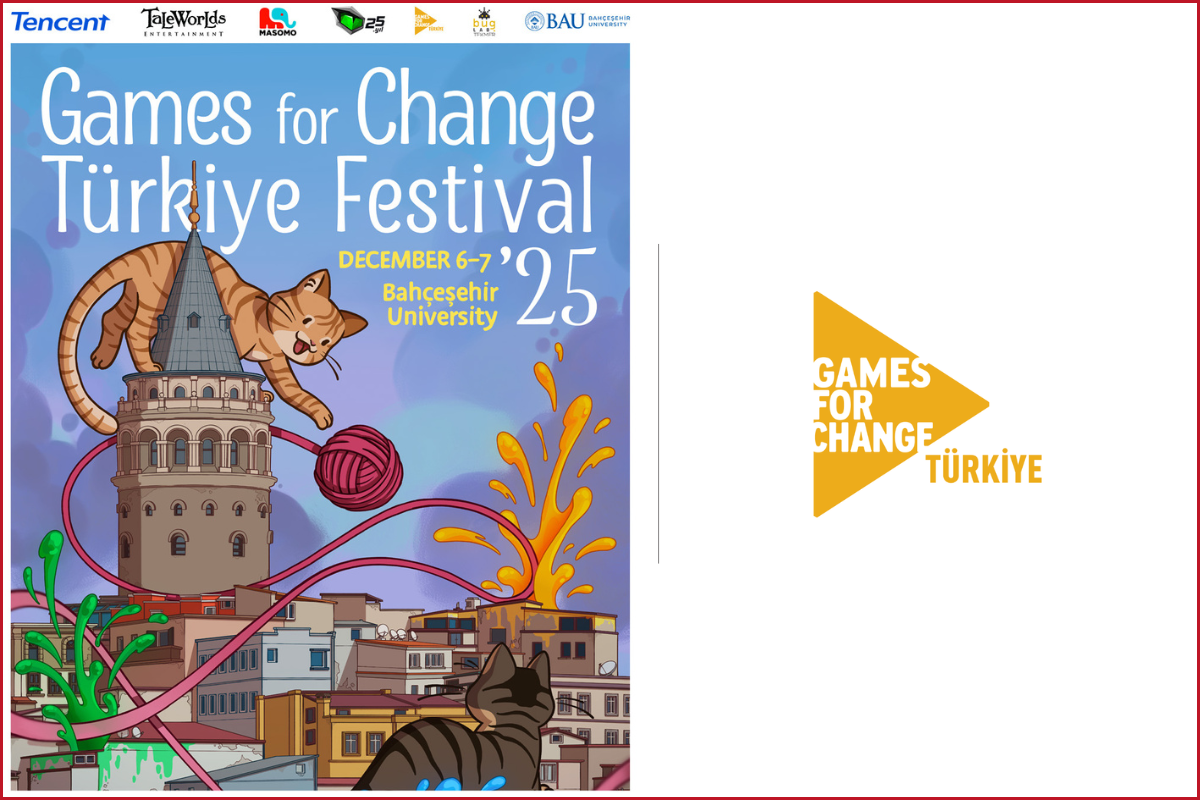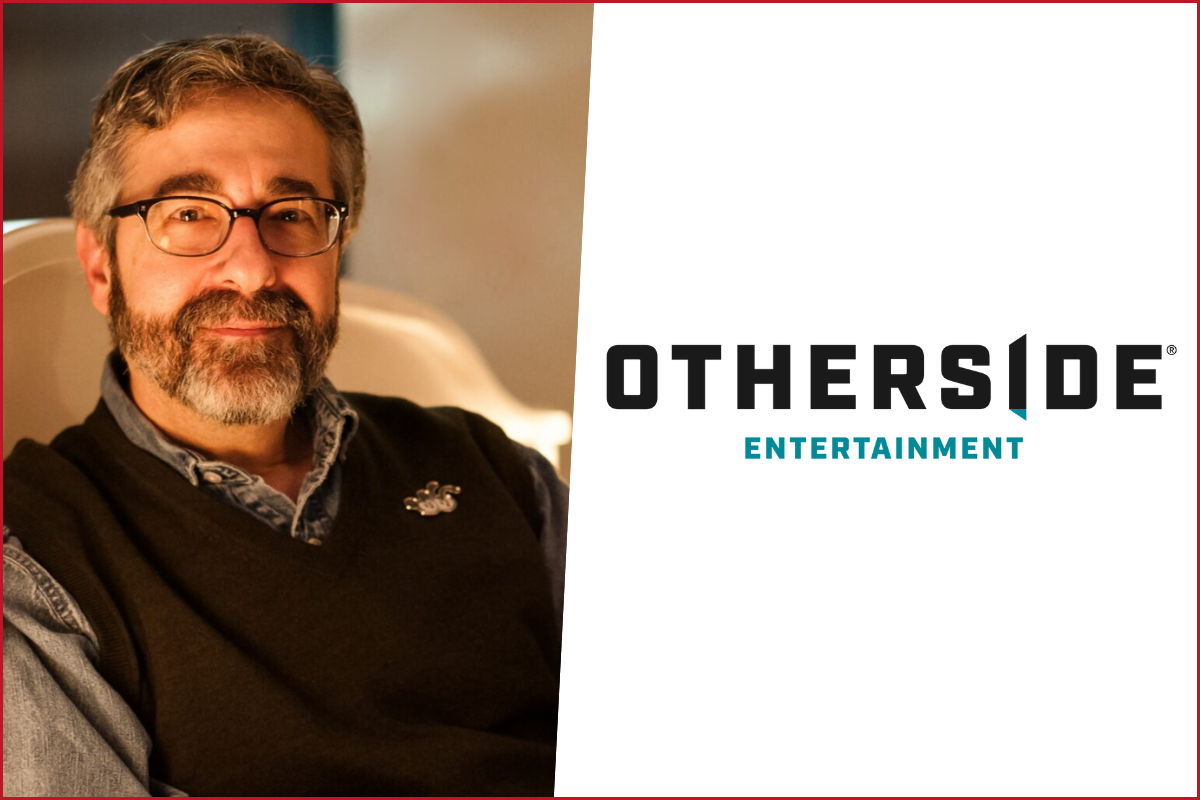Warren Spector has spent more than 40 years shaping the game industry, from pioneering the immersive simulation genre with games like Thief, System Shock, and Deus Ex to mentoring new generations of creators. Now, as he joins the board of directors at Take This, a nonprofit dedicated to mental health in games, Spector is turning his attention to an equally vital mission: building healthier, more supportive cultures for developers.
In our interview, he speaks about the gratitude he’s received from peers, the realities of divergent thinking, the role of therapy and workplace support systems, how his own creative process drives innovation, and what defines this stage of his career.
Since your announcement, what have been the most meaningful positives for you personally and professionally?
The most meaningful thing to me has been the outpouring of support from people at all levels of game development and in all disciplines. I expected there were a lot of people in the development and publishing communities who dealt with mental health issues or who thought in ways that might be considered outside the mainstream. I had no idea how many there were.
But maybe it’s wrong to say they were supportive.
Better to say they were grateful that someone – could have been anyone – acknowledged their existence and spoke for them in ways they may not have felt comfortable speaking for themselves.
I feel pretty good about speaking for myself, but more importantly, for others.
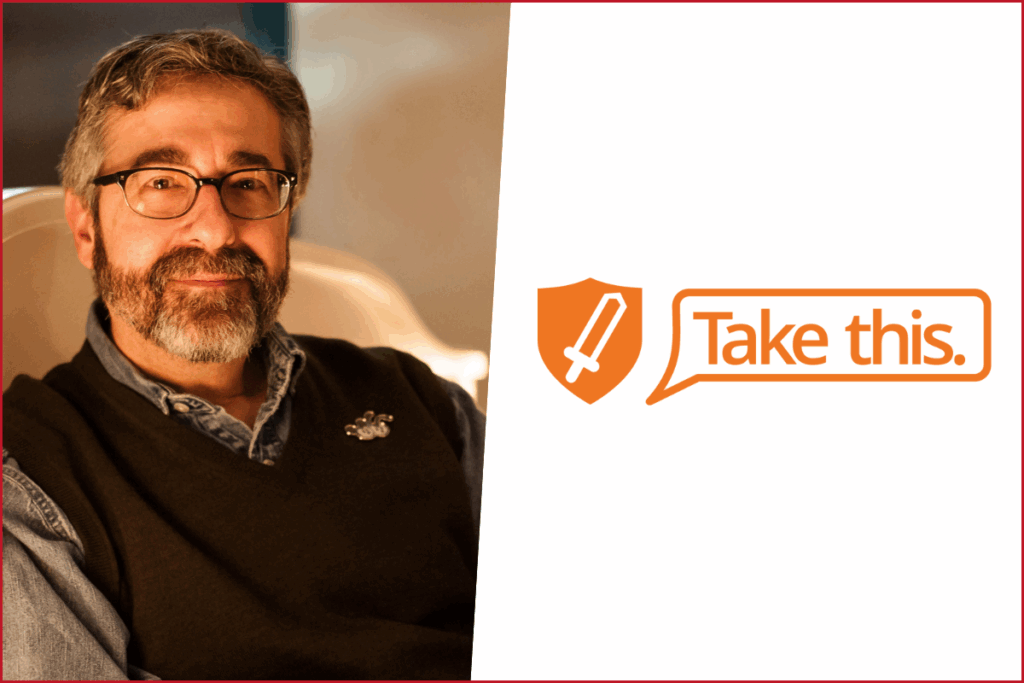
For those who keep their struggles private, how can the industry encourage people to feel safe enough to share if they choose to, and what can studios do to build a culture where mental health and psychological safety are truly prioritized?
Well, for starters, the industry just needs to acknowledge that some people think differently. That’d be good! And there has to be recognition that nearly everyone suffers from anxiety and depression when they’re forced to work ridiculous hours or have to worry about seemingly inevitable layoffs.
In addition, and hardest of all to get a handle on, the industry can’t equate mental health issues or divergent thinking with a lack of capability. Recognition that people, well… people like me exist and can do their jobs well despite or, in some cases, because of their differences is absolutely necessary.
Beyond recognition, there are simple things that can be done to foster a positive culture for people dealing with mental health or divergent thinking issues. Most important is to recognize that people are a company’s most important resource, and they should be judged on the basis of performance and culture fit. (It’d help if we could run our businesses better so we don’t have to deal with constant layoffs!)
But there are other simple things that can be done – quiet rooms for people who need a break… making people aware of online or telephone psychological well-being services… regular meditation sessions. Just the recognition that mental health is as important and as real as physical health would help.
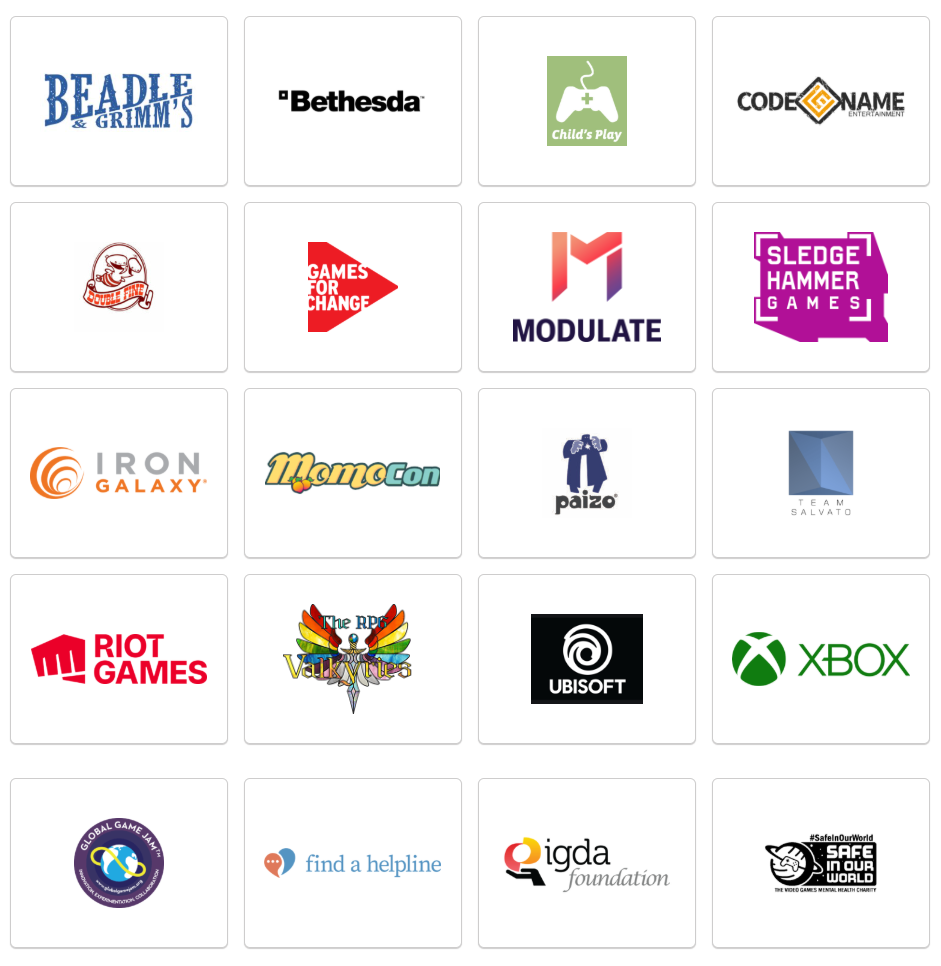
Image Credit: Take This
You’ve spoken about idea avalanches and bursts of energy during hypomanic phases. How do those states shape your design thinking and creativity differently than when you’re in a “baseline” mood?
It isn’t so much that the ideas I get when I’m manic are different from the ideas I get when I’m at my normal level. It’s that I get a lot of them one on top of another. They usually come at 3:00 or 4:00 in the morning. I’ll be awakened by a way a game could be better… or a game is broken…
Usually, I have some sense that I can solve a problem. Actually, the sense is that I can solve a lot of problems! I immediately have to write everything down, or the ideas will be gone. They’re like smoke. I used to keep a notebook next to my bed, but for the last several years, it’s been my phone and Evernote. I have 5000 Evernote notes!
The next day, I come into the office and say the words my teams dread hearing: “I had an idea at 4:00 in the morning…” They know it’ll be great or absolutely terrible! But even if only one is great, I’ll take it!
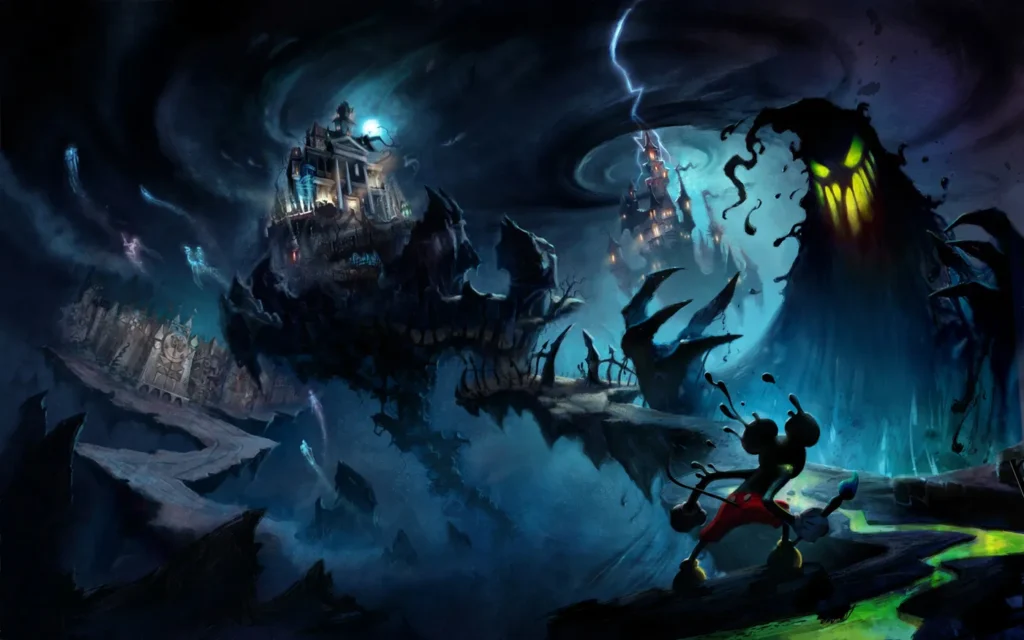
Image Credit: Conceptartworld.com
Since you first spoke about wanting to research ways to better support people in the industry, what findings, organizations, or practices have stood out to you as promising, and are there resources or models from outside the games industry that you believe could translate well into game development?
Interesting question. One I’ll have trouble answering because I’m still very much in learning mode. Obviously, I think Take This is a worthy organization, and individuals and companies would do well to reach out to them. Take This doesn’t offer actual therapeutic services, so I’m trying to get in touch with some folks that do.
I guess the most important advice I can give is to find a good therapist and/or psychiatrist. I’m a big believer in that approach. Frankly, I think some time with a therapist should be a requirement for membership in the human race.

Looking ahead, what do you feel defines this stage of your career, and what changes do you most hope to help shape within the industry moving forward?
After 42 years of making games, I’m as interested in making people as I am in making games. I still have some games I want to make, but I depend more and more on others to come up with ways to take a vision and make it a reality.
I hope that experience sets them up to “carry the torch” forward in the genre I’ve been obsessed with most of my career – the Immersive Simulation. Or, heck, I hope they’re set up to make their own games, in genres they pioneer themselves.
I tell my discipline and team leads it’s their job to make people forget I ever existed. I’m looking forward to seeing what they come up with that I could never even have imagined.
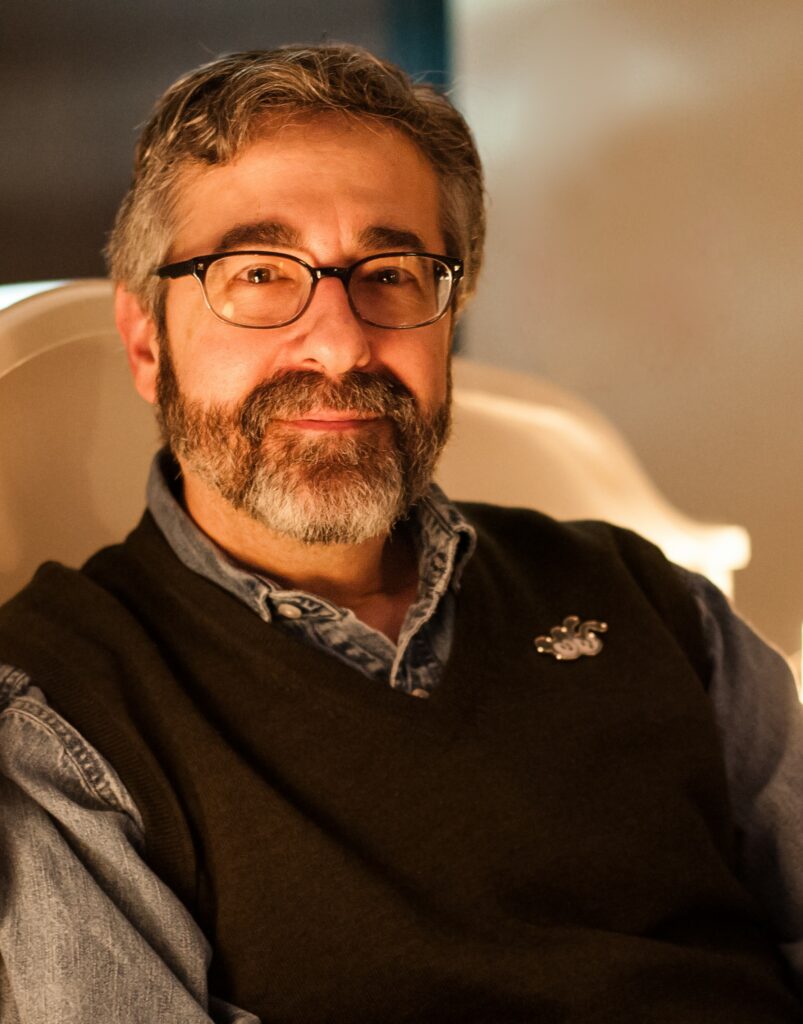
Co-founder and Chief Creative Officer of OtherSide Entertainment

